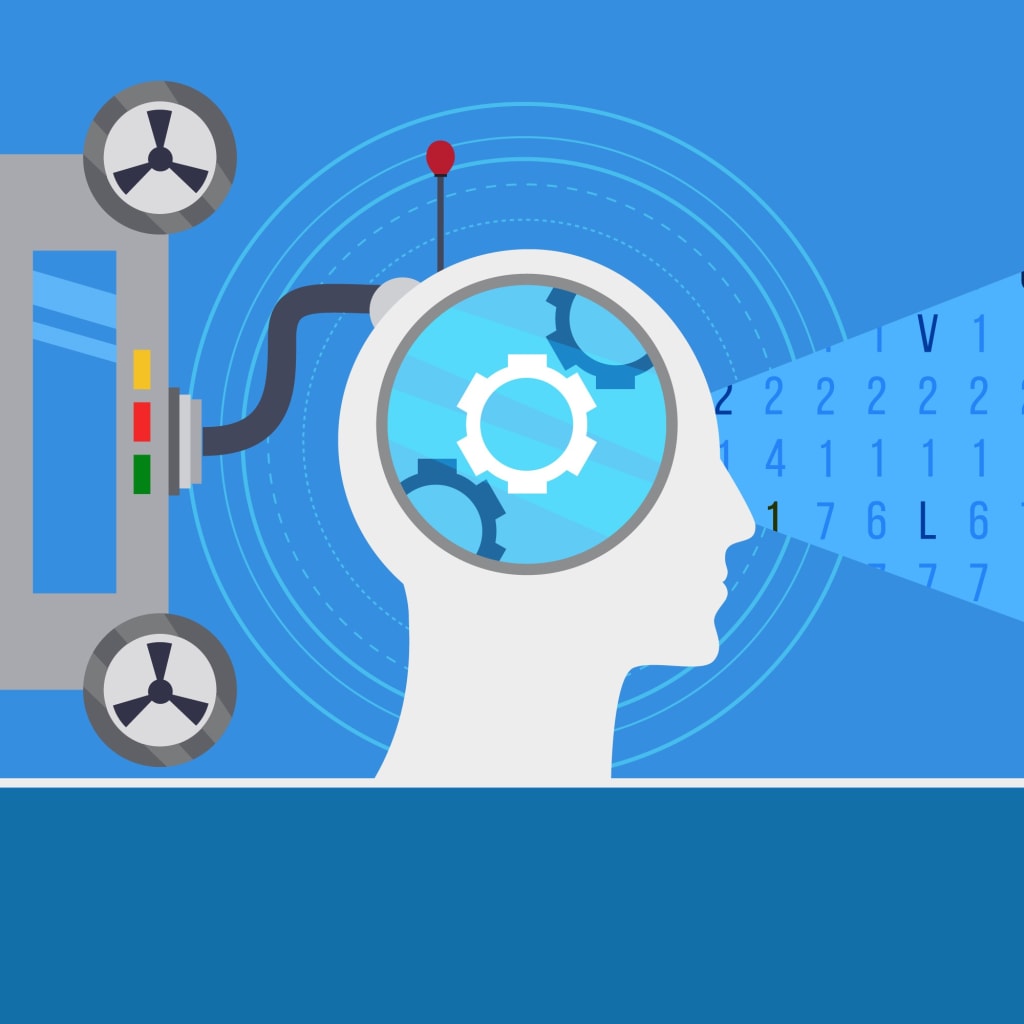The Science Behind IQ Tests: Their Role in Assessing Abilities
Science Behind IQ Tests

Understanding IQ Tests: Unveiling Their Significance in Evaluating Human Abilities
In the realm of cognitive assessment, IQ tests stand as pivotal tools for gauging an individual's intellectual capabilities. Contrary to popular belief, these assessments delve deeper than mere numbers; they serve as multifaceted evaluators offering insights into various cognitive aspects. Let's delve into the science behind IQ tests and their profound role in assessing human abilities.
What Are IQ Tests?
IQ, short for Intelligence Quotient, refers to a numerical representation of an individual's cognitive abilities, encompassing reasoning, problem-solving, comprehension, and abstract thinking. IQ tests are structured assessments designed to measure these cognitive functions. They come in diverse formats, including the Stanford-Binet Intelligence Scales, Wechsler Adult Intelligence Scale (WAIS), and Raven's Progressive Matrices, each emphasizing different cognitive domains.
Components of IQ Tests
IQ assessments typically comprise several components, each targeting distinct cognitive abilities:
- Verbal Comprehension: Evaluates language-based reasoning and comprehension skills.
- Perceptual Reasoning: Assesses visual and spatial processing, logical reasoning, and problem-solving.
- Working Memory: Measures the capacity to retain and manipulate information in the short term.
- Processing Speed: Gauges the speed at which an individual can process information and execute tasks.
The Science and Development Behind IQ Tests
The evolution of IQ tests spans over a century, evolving from early forms of intelligence testing by psychologists like Alfred Binet to contemporary, standardized evaluations. These assessments undergo rigorous development, ensuring reliability, validity, and cultural fairness. Psychometricians continually refine and adapt IQ tests to maintain their relevance and accuracy across diverse populations.
Debunking Misconceptions
Contrary to common misconceptions, IQ tests do not encompass an individual's entire intelligence. They serve as estimators of specific cognitive abilities and don't encapsulate creativity, emotional intelligence, or practical skills. Additionally, cultural and environmental factors can influence test performance, necessitating cautious interpretation of results.
The Role of IQ Tests in Society
IQ tests find application in various domains, including education, psychology, and employment. In education, they aid in identifying learning disabilities, facilitating tailored educational interventions. Psychologists utilize IQ assessments to comprehend cognitive strengths and weaknesses, guiding therapeutic approaches. Moreover, in employment, certain industries employ IQ tests as part of their recruitment process to gauge cognitive aptitude.
The Controversies Surrounding IQ Tests
While IQ tests provide valuable insights, they're not devoid of controversies. Critics often question their cultural bias and argue that they may not accurately measure intelligence across diverse populations. The cultural context in which these tests are developed and administered can influence results, potentially leading to disparities among different socio-cultural groups.
Addressing Concerns and Evolving Perspectives
Acknowledging these concerns, ongoing efforts strive to create culturally unbiased assessments. Psychologists work diligently to develop tests that consider various cultural nuances and avoid favoring specific demographics. This pursuit aims to ensure fair evaluations that encompass a broader spectrum of human capabilities.
Embracing Diversity in Intelligence Assessment
In recent years, there's been a shift towards embracing a more comprehensive understanding of intelligence. The concept of multiple intelligences, proposed by Howard Gardner, challenges the traditional view of intelligence as a single, measurable entity. Gardner's theory suggests that intelligence encompasses various forms, including linguistic, logical-mathematical, musical, spatial, bodily-kinesthetic, interpersonal, intrapersonal, and naturalistic intelligences. This paradigm shift encourages a more inclusive approach to assessing human abilities beyond what IQ tests traditionally measure.
Practical Applications and Future Prospects
Looking ahead, advancements in neuroscience and psychometrics hold promise for refining intelligence assessments. Brain imaging techniques offer glimpses into brain functionality, aiding in understanding the neurological underpinnings of cognitive abilities. Moreover, the integration of AI and machine learning in cognitive assessments may revolutionize how we evaluate intelligence, potentially transcending the limitations of traditional tests.
Ethical Considerations and Social Implications
Beyond the technicalities, the ethical considerations surrounding IQ tests are paramount. Misuse or misinterpretation of these assessments can have far-reaching consequences. Historically, IQ tests were misapplied to justify discriminatory practices, perpetuating stereotypes and biases. It's crucial to approach the use of these tests with sensitivity and ethical mindfulness, ensuring they serve their intended purpose without fostering discrimination or inequality.
Empowering Through Education and Understanding
Education and awareness play pivotal roles in reshaping perceptions about intelligence and IQ tests. By fostering a deeper understanding of the limitations and nuances of these assessments, we empower individuals to interpret results more accurately. Educating both test-takers and evaluators about the multifaceted nature of intelligence cultivates a more nuanced perspective, transcending the confines of numerical scores.
Encouraging a Growth Mindset
An essential aspect often overlooked in discussions about intelligence assessment is the concept of a growth mindset. This ideology, championed by psychologist Carol Dweck, emphasizes the belief that intelligence and abilities can be developed through dedication and effort. Encouraging a growth mindset instills resilience and motivates individuals to embrace challenges, fostering a culture that values progress over fixed notions of intelligence.
Conclusion
In essence, IQ tests play a pivotal role in evaluating specific cognitive abilities, offering valuable insights into an individual's intellectual prowess. However, it's imperative to recognize their limitations and understand that they represent only a fraction of the multifaceted nature of human intelligence. As we continue to unravel the complexities of the human mind, IQ tests stand as instrumental tools in our pursuit of understanding cognitive capabilities.
About the Creator
IQ Metrics
IQMetrics.org is a comprehensive platform offering insightful resources on IQ testing, assessments, and understanding intelligence metrics.
http://iqmetrics.org






Comments
There are no comments for this story
Be the first to respond and start the conversation.